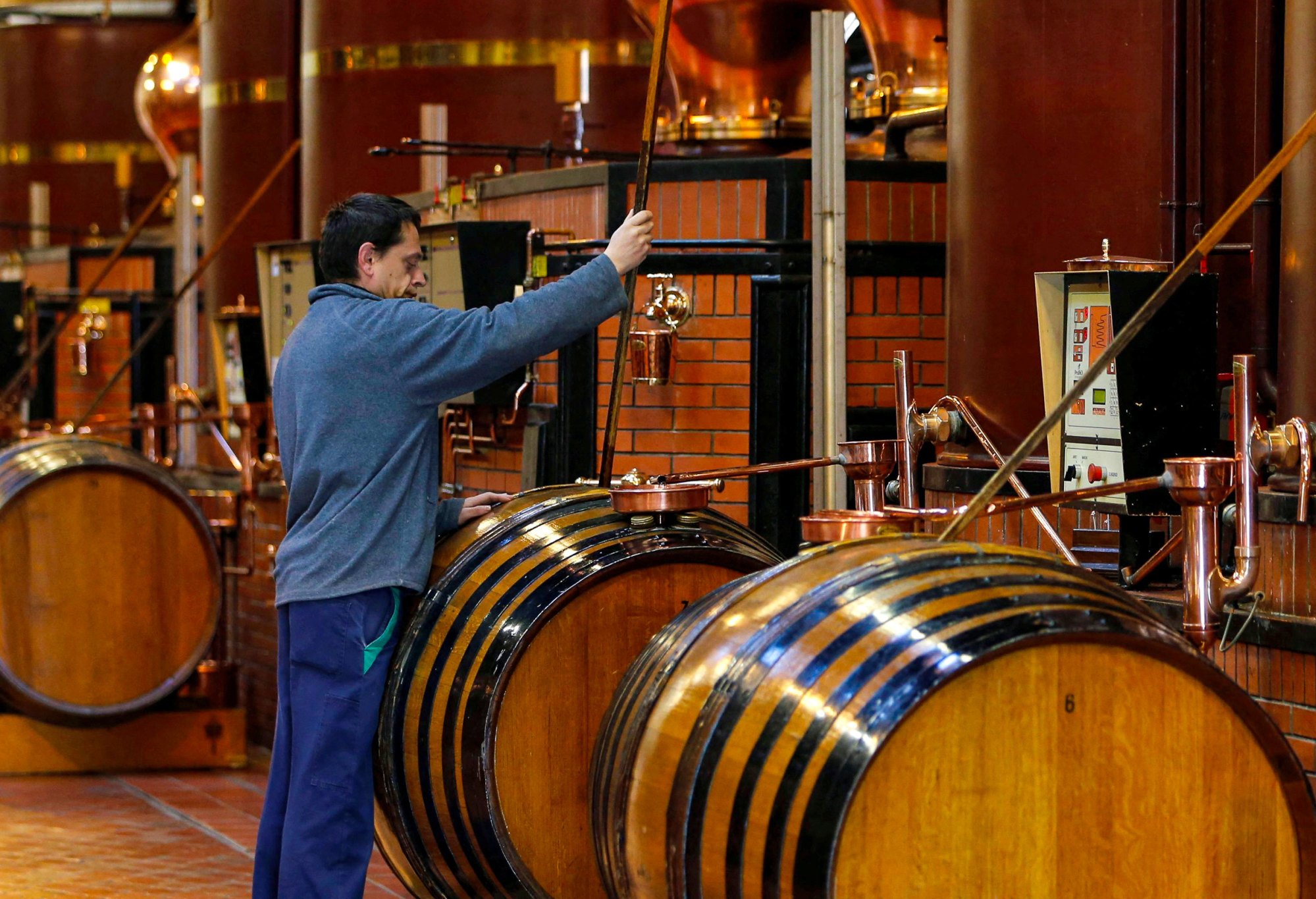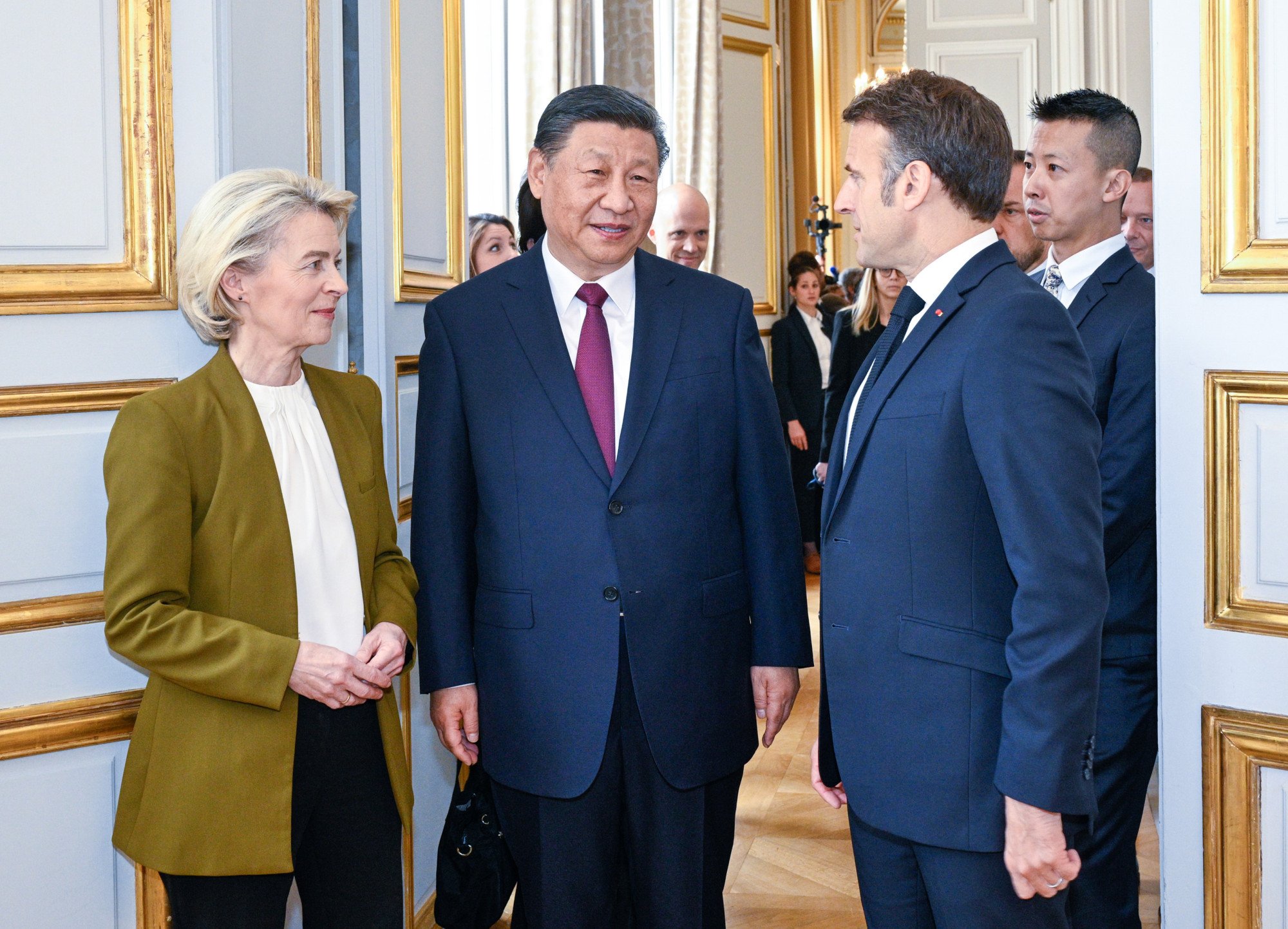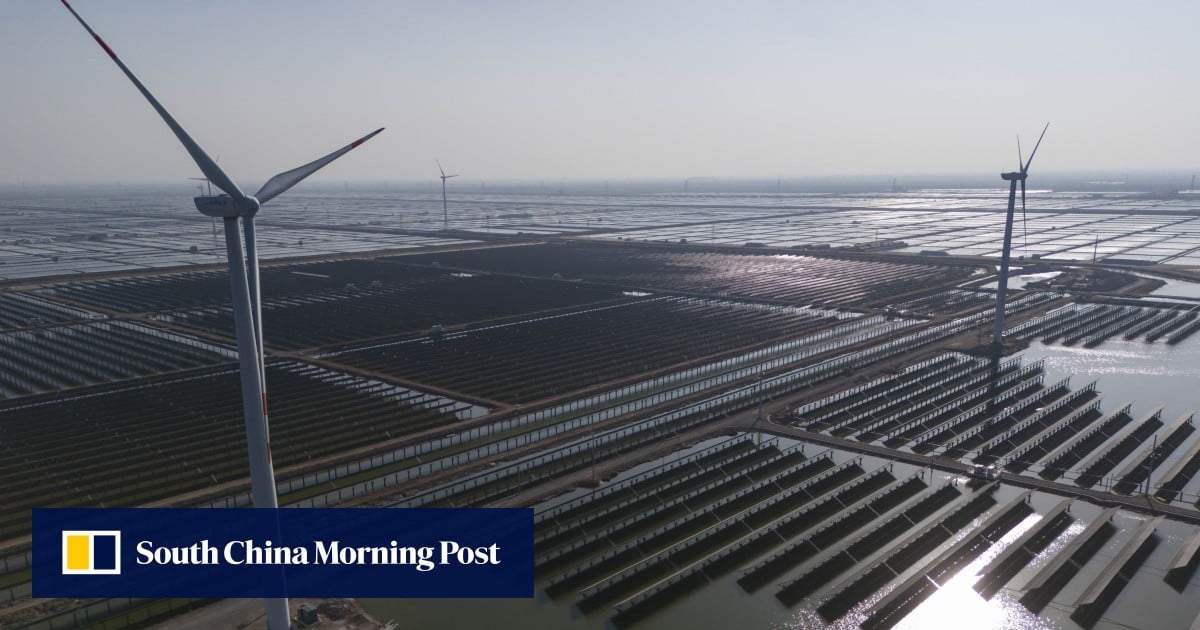Headlines at the time screamed of an imminent trade war. Fast-forward 11 years, European officials are experiencing déjà vu all over again.
New fears of a trade war have been bubbling over in recent months. EU moves to counter what it calls “market-distorting” Chinese subsidies have drawn repeated vows from Beijing to strike back.
The investigation has struck a nerve in Beijing, whose initial response was familiar.
Across the West, as trade tensions with China worsen, policymakers and analysts are scrambling to decipher how Beijing may respond to a series of salvoes.
On the other side of the Atlantic, Europeans are also eyeing vulnerabilities that could fall foul of Chinese payback. So far, EU insiders see Beijing dipping into “an old recipe book”, but are hoping its member states show more backbone this time around.

“We were absolutely not surprised,” deadpanned one official, comparing the cognac response to the wine and solar wars over a decade earlier.
In that case, under pressure from Berlin and Beijing, France watered down its support for the commission’s position, leading to an end to the dispute.
The following spring, China quietly resolved the wine problem, with French winemakers agreeing to train up their Chinese competitors in exchange for tariff relief.
In Brussels, it is still noted that the EU trade chief at the time, Karel de Gucht, owned an Italian vineyard. “They always go for the emotional stuff,” said one former official.
Wary of history repeating itself, the commission has kept details of its EV investigation under wraps. Sources said those involved in the investigation are forbidden from discussing details outside a tiny group of top officials.
Some in the EU fear that as more details emerge, Beijing will start picking off member states who are seen to have vulnerabilities that could be exposed.
As the early-June deadline approaches, Chinese threats have grown more diverse.
Some officials have been left dismayed at unsubtle hints dropped by senior European figures as to where its pain points are.
On a visit to China last month, Janusz Wojciechowski, the bloc’s agricultural commissioner, told the Financial Times he had lobbied for refraining from retaliation against farm goods, a notoriously sensitive sector across Europe.
Wojciechowski told “Chinese partners” that “we should treat agriculture as a sector which requires special protection … as a strategic sector, strategic for security”, the newspaper reported.
“It is a problem that we show such weakness,” a senior Brussels official said.

EU officials believe Beijing would have little chance of winning the case, given the unsound rationale for dumping a premium product at a low price on a market where it is considered a luxury.
The EU has devised its trade and competition instruments with WTO rules in mind. Officials see a correlation between the risk of retaliation from China and the adherence to global trading rules.
Whereas Biden recently raised tariffs on Chinese goods to seemingly arbitrary levels – 100 per cent, for example, for EV imports – the EU’s rate will be carefully calibrated, and will fall well short of Washington’s gambit.
But while retaliation sometimes follows a logical path, it can be unpredictable too.
“China has limited room for retaliation, which is likely to result in asymmetric responses targeting politically sensitive but economically less vital European exports,” said Emre Peker, an analyst at the Eurasia Group consultancy, who noted a strong reaction could bring Europe closer to Washington.
An official pointed to Xi’s recent visit to Europe as an effort to show that “we are still working with China”.
“Is it in China’s strategic interest to push us closer to the US?” they asked. “I doubt it.”

